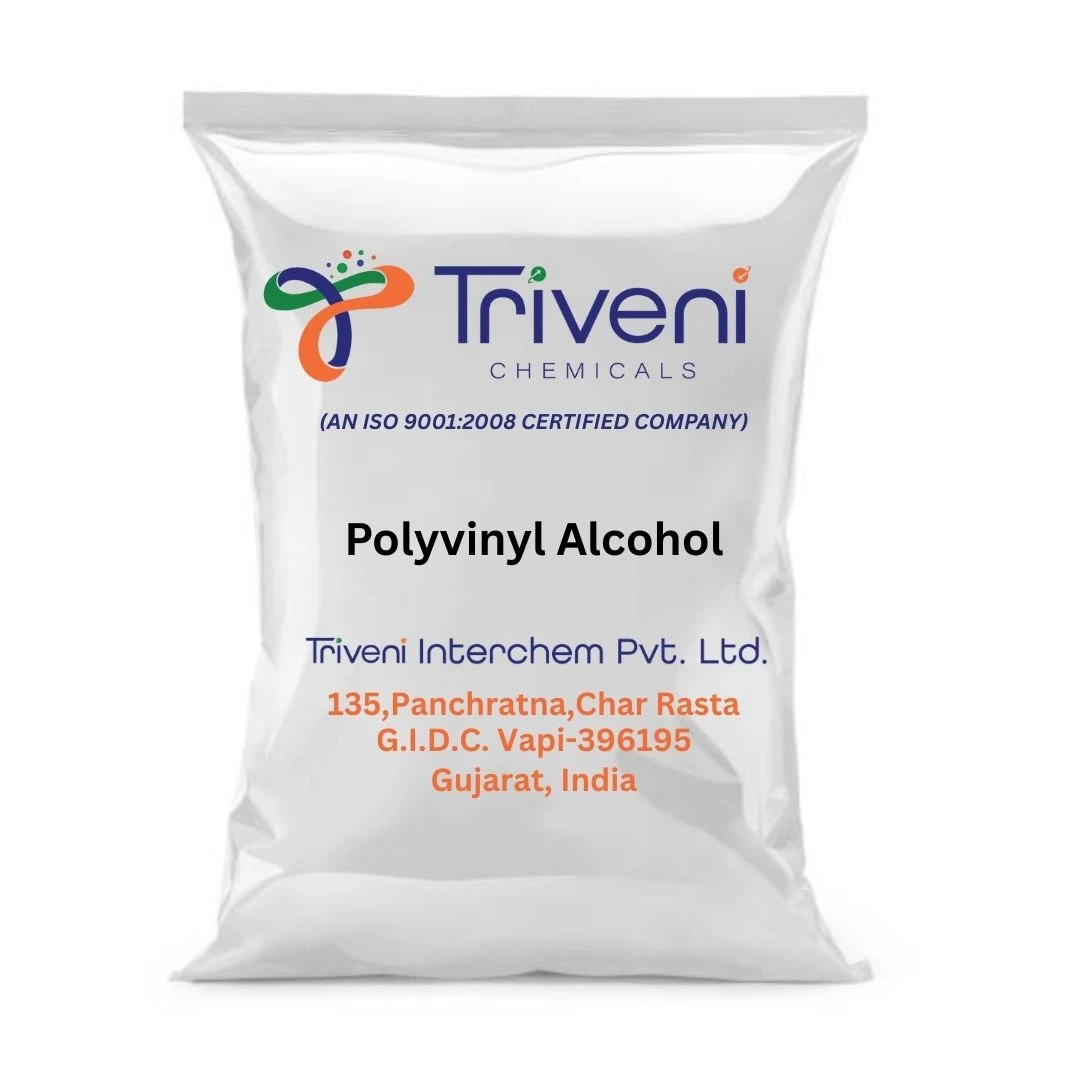The core components of fabrics and textiles, indispensable to nearly every facet of our everyday existence, are textile yarns. These adaptable fiber strands are available in a variety of forms, each with special qualities and uses to meet a range of demands in the textile sector.Cotton yarn is a popular..
The core components of fabrics and textiles, indispensable to nearly every facet of our everyday existence, are textile yarns. These adaptable fiber strands are available in a variety of forms, each with special qualities and uses to meet a range of demands in the textile sector.Cotton yarn is a popular yarn type that is favored for its absorbency, breathability, and softness. Because it is hypoallergenic, it is made from the fluffy fibers of the cotton plant and is frequently used in apparel, household textiles, and even medical supplies. Cotton yarns vary widely in texture; they can be thicker and more durable for garments like denim, or fine and smooth for delicate fabrics.Wool yarn is a great option for people looking for warmth and elegance. Wool is prized for its toughness, moisture-wicking capabilities, and insulating qualities. It comes from sheep as well as other animals including alpacas and goats. It works great for creating warm blankets, sweaters, and winter accessories. Particularly Merino wool is highly valued for its delicate texture and tiny fibers. The textile business has undergone a revolution due to the durability, adaptability, and affordability of synthetic fibers like nylon and polyester. Polyester yarn is a popular choice for everyday clothes and home fabrics because it resists shrinking and wrinkling. Because of its strength and elasticity, nylon yarn is frequently used in hosiery, athletic apparel, and industrial uses like tire cables and ropes.Yet, silk yarn is a symbol of refinement and luxury. Silk, which is made by silkworms, is prized for its smooth texture, glossy shine, and airy feel. Exquisite home décor pieces, lingerie, and high-end fashion apparel all use it. Silk is delicate, thus handling and cleaning it needs to be done with extra caution.Bamboo yarn is another interesting kind that is becoming more and more popular as an eco-friendly and sustainable choice. Bamboo fibers are a favorite among environmentally aware shoppers since they are supple, breathable, and biodegradable. This yarn is used to make many different textiles, such as bed linens, towels, and clothes.Exclusive yarns with distinctive textures and properties include cashmere, mohair, and chenille. Rich, silky fabric made from chenille yarn is ideal for upholstery and opulent clothing. The Angora goat yields mohair, which is prized for its soft, silky fibers and used to make warm blankets and fuzzy garments. The luxuriously smooth and warm undercoat of cashmere goats is the source of the highly sought-after material, cashmere. To sum up, textile yarns are the foundation of the textile business since they offer countless options for producing fabrics that satisfy every need and requirement. There is a yarn for every endeavor, making the world of textiles as necessary as it is diverse. Cotton offers natural comfort, silk offers an opulent feel, and synthetic fibers are durable.
- Textile Yarns form the base of Textiles.


